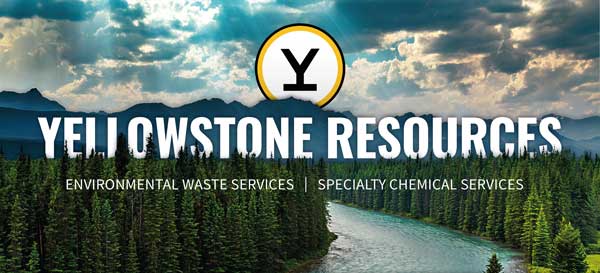As Canada continues to advance its environmental policies, businesses across various sectors are prompted to ask themselves if their company is truly ready for the future of environmental waste services in Canada?
The Evolving Landscape of Environmental Waste Management in Canada
Canada’s environmental waste management sector is undergoing significant transformation, driven by stringent regulations and the growing need for sustainable practices. As industries from BC to Alberta grapple with the complexities of managing environmental waste, the demand for advanced solutions has never been higher.
Innovations in Environmental Waste Management
Recent developments in environmental waste management have introduced a range of sophisticated technologies aimed at enhancing the efficiency of waste processing and disposal. Specialty chemical services, for example, are playing a crucial role in improving the treatment of hazardous waste. These chemicals aid in breaking down complex waste materials, making them easier to treat and dispose of safely.
Advancements in Wastewater Treatment
The focus on wastewater treatment has intensified, with new technologies making significant headway in the sector. Solutions for wastewater treatment now include advanced processes like flocculation and coagulation, which help in the effective removal of contaminants. These technologies are crucial for ensuring the safety of treated water, which is vital for municipal water systems and agricultural activities.
The Role of Engineers and Municipal Water Managers
Engineers and municipal water managers are at the forefront of implementing these new technologies. Their expertise is crucial in designing and maintaining systems that not only comply with current regulations but also pave the way for future innovations. The role of engineers is particularly significant in the creation of systems that manage both municipal and industrial wastewater, ensuring that all treated water meets environmental safety standards.
Challenges in Hazardous Waste Management
Despite the advancements, the management of hazardous waste remains a critical challenge. The process involves complex regulatory requirements and needs specialized knowledge to ensure that disposal practices do not harm the environment or public health. Hazardous waste management is a crucial area where new solutions are constantly being developed to handle waste more efficiently and safely.
Impact on Various Stakeholders
The agricultural sector, along with industries in BC and Alberta, are among the most affected by changes in waste management practices. Farmers, in particular, depend on effective water treatment solutions to ensure that water used in irrigation is free from contaminants and safe for crops.
Looking Forward
As Canada continues to push for more sustainable and effective waste management practices, the importance of adopting and supporting new technologies cannot be overstated. The future of environmental waste services in Canada looks promising, with continuous improvements aimed at reducing environmental impact and enhancing public health safety. This ongoing evolution represents a critical step towards a more sustainable and environmentally responsible Canada.


